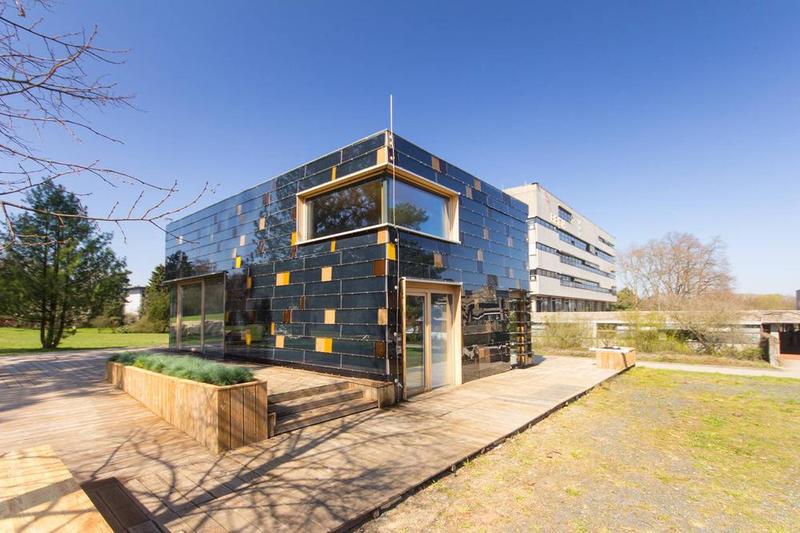Within the research center emergenCITY, we investigate how ICT can be used to strengthen a cities resilience during crises, e.g. blackouts, instead of being another critical infrastructure which can fail. With our freshly renovated living lab eHUB, we want to learn how self-sustaining buildings, which generate a surplus of electrical energy on their own, can support this approach. The eHUB provides a PV system with a battery, ready for starting experiments with off-grid operation. What it still needs is an integrated Smart Home system which can learn from the inhabitants’ behavior and support them in managing their energy budget, and offer the surplus e.g. to neighbors, first responders, or other emergency relief activities.
The house is currently equipped with a KNX-based system for controlling consumers and measuring energy production and consumption. Your task is to extend this system, so that it considers consumption and production, monitors activities within the house with their energy profile, includes external context information (e.g. to relate weather and expected power production), and interacts with the inhabitants. The interaction could happen for example by a (web) app, using wall-mounted displays or through a Smart Home Speaker/Hub developed in the project. We plan to use the interface for further experiments in the eHUB.
Some of the skills that will be helpful for working on this topic are (you do not need to tick all boxes):
- UI, App or web design for creating a nice user interface
- No fear in working with hardware installations and embedded systems (e.g. Linux on Raspberry Pis, knowledge of KNX, MQTT, … is an advantage)
- Machine learning for creating predictive models
- Experience with user studies in case you want to use that as method for evaluation.
This thesis will be supervised in cooperation with EINS.
